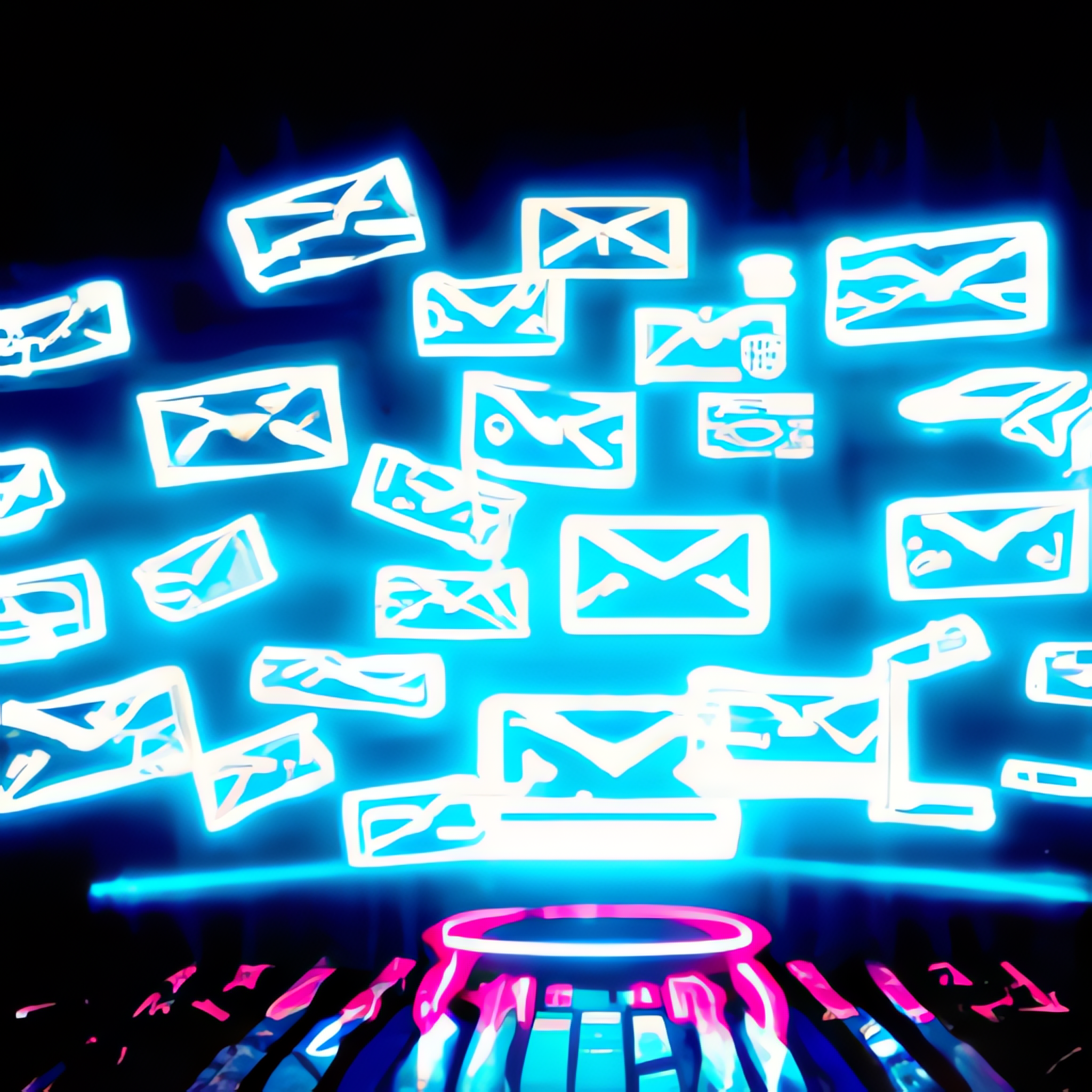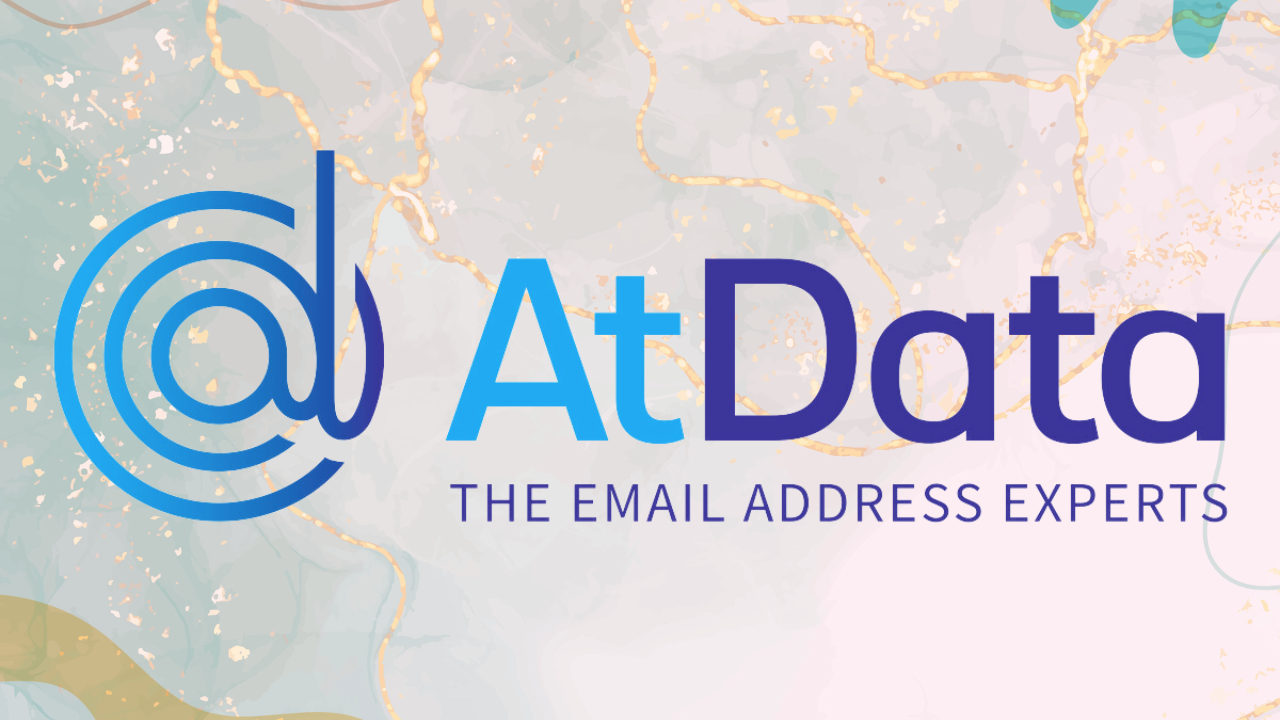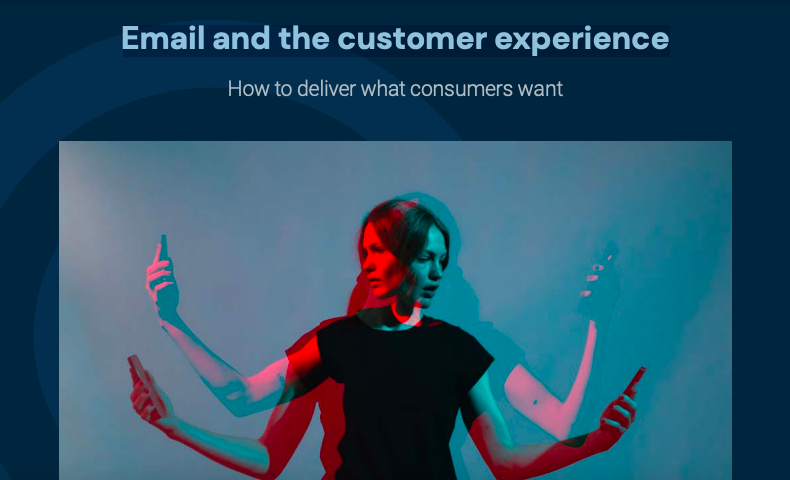Sharing a good bottle of wine with friends is simply a much richer experience than consuming one alone. Additionally, a mutual appreciation for the same types of wines you and your friends consume creates a far more substantial sharing experience. In this two part series, I’ll explore why mutual associations with brands will dramatically increase open rates and drastically reduce spam complaints, paving the way for better deliverability metrics, engagement and brand reputation.
As marketers, we put too much pressure on our subscribers. First, we insist they recognize the label on our wine bottle, (The From: Name) then we expect them to read our subject line, and subsequently we hope subscribers actually “taste” (open) the email and glance at what we’re peddling. If we haven’t lost their attention by now, we continue to plague them by asking them to share the given email using a functionality called SWYN (share with your network). If that isn’t enough, we still yearn for a conversion…..and it all gets to be too much, ultimately, perhaps, pushing the subscriber away.
Messaging of this nature is still outbound.
What lies ahead is a significant evolution in email marketing which will work in concert with social networks to “reverse engineer” the social characteristics of email and bring social directly to your inbox.
Email offers will drastically change in the near future. Next-generation emails will benefit from a deeper level of peer transparency. This new level of transparency will be earmarked by advanced or universal preference centers and highly intuitive sign up processes. By selectively capturing social media credentials of your subscribers, several layers of data points will become immediately available to harvest. These socially focused data points will change ordinary subject lines to engaging peer notifications from a given brand.
Consider this: you are far more inclined to “friend” someone on Facebook if you have mutual friends, correct? And, you are more inclined to become a fan of a Facebook page if other members and colleagues of your social network are fans of that same page. So, why not apply this same concept to email?
Industry statistics from Bazaarvoice illustrate that 74% of online shoppers who receive advice from their friends on social networks allow that advice to influence their purchasing decisions. Also this article by Shiv Singh supports that statistic with its discussion of when and why we trust our peers when determining types of online purchases. Furthermore, in a recent Purchaser Influence Survey by EXPO, featured today in emarketer.com, over 90% US Moms trust peer reviews more than manufacturer information. (Special Thanks to Anthony Schneider of Mass Transmit and Jeffrey Rohrs of ExactTarget for that snippet.) With that said, we must reverse-engineer the current dynamic of outbound marketing based emails and bring our social networks to the coveted inbox. At its core, should be a socially focused “über-email” program which acts as your brand’s private reserve.
Shoppers of a given brand instinctively want to know what “a subset of their trusted friends” bought online. Similarly, shoppers also want to know what their friends think about those same products before they decide to purchase them. Our marketing based email messaging should produce unbiased, first-hand knowledge of how our social networks “feel” about a product, not a subjective marketing message from your brand with ordinary subject lines. Moreover, user-generated content is comprised of written and/or video testimonials of a product or service. But, these testimonials which are often placed in an email, or on a brands landing page come from random people we don’t necessarily know. These testimonials although sincere in nature, don’t reverberate.
Reverse engineering social email
Would you like to know if any of your friends subscribe to the same brands as you do? Wouldn’t it be wonderful to see which of your friends reviewed that new trendy restaurant on Yelp? Would receiving immediate notifications from peer actions with the brand build trust, directly after that review?
Currently, dynamic content in email allows us to customize a message to a particular segment or to an individual on your list, based on attributes in their profile. We’ve learned that FedEx has as many as 144 attributes for a given record, which allows for granular customization of each email communication for each given email stream. With increased Social Media data points culled together through an evolved master preference center adds an increasingly richer dimension for email marketers. With these richer dimensions comes pinpoint information about your friends’ recent actions associated with a given brand.
Savvy marketers will ameliorate the quality of such social media data points by dynamically inserting social attributes into a given email program. This concept completely reverses the current outbound system which is somewhat dysfunctional, because marketers still rely on subscribers outbound actions. The evolution of such a program will bring these messages to the inbox and will have far superior return on your email marketing investments, because this messaging adds increased value for the subscribers. More value equals a more relevant email. With more relevant messaging comes drastically reduce spam complaints and dramatically increased open rates.
Let’s say you received an email from Barnes and Noble. And, Barnes and Noble has been granted permission by you and many members of your social network, to publish information about actions your social network is undertaking with Barnes and Noble. Images of your friends may be dynamically and creatively populated in the creative, so when you open up your email, not only will you see friends’ images with links to their social media pages, you’ll also know which of them are subscribers, and which ones purchased that new Stephan King book Barnes and Noble is featuring. What’s more is that the subject line will be highly engaging because it’s about your network “first” and not about the item being featured.
Part II of this series will discuss the challenges associated with this concept and why future marketing based subject lines will no longer matter. Subject lines will become highly relevant notifications, and how these “relevant notifications” will increase open rates and dramatically reduce spam complaints.







